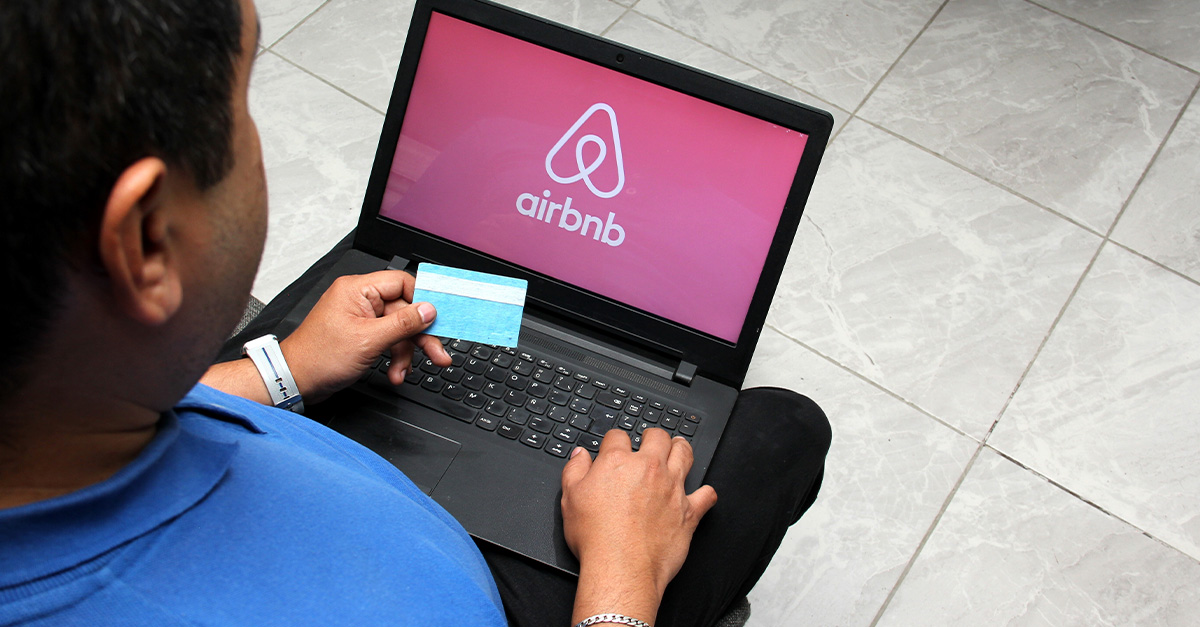You Were Replaced By Artificial Intelligence To Handle Calls, Do You Have A Case For Identity Theft?
So your boss decided to build a robot version of you—an AI clone who answers calls, charms clients, and works overtime without ever needing lunch breaks or bathroom runs. Then, as if starring in a workplace horror-comedy, they turn around and slash your hours. Now you’re stuck wondering: is this just “creepy boss behavior” or is it actual identity theft? Let’s dig in with some legal insight, a dash of humor, and a sprinkle of righteous indignation.

When Your Job Gets Robotic
Imagine showing up to work only to realize that your voice is taking calls while you sip coffee quietly in the corner. No, you haven’t mastered astral projection. That’s your AI doppelgänger, trained by your boss, happily chatting away while you twiddle your thumbs—and watch your paycheck shrink.
The Rise Of AI Doppelgängers
Artificial intelligence has gone from “helpful little tool” to “terrifying identity thief” faster than you can say ChatGPT. Today, AI can clone voices, writing styles, and even mannerisms. While that’s cool when used responsibly, it’s decidedly less cool when your boss sneaks behind your back and builds Robo-You.
Identity Theft: What Does It Actually Mean?
Classic identity theft is all about stealing things like Social Security numbers and credit card details. Courts typically want to see fraud or financial crime before they cry “identity theft.” So technically, your cloned voice may not count as identity theft—but it sure feels like it belongs in the same creepy category.
Voice And Likeness Rights
Even if it’s not “identity theft” in the narrow sense, the law still cares about your voice and likeness. Many states protect people’s right to control how their name, face, or voice is used. Translation: just because your boss has access to recordings doesn’t mean they own you.
When Work And AI Collide
Bosses like to claim they “own” the work you create for them. Fine—let them keep the spreadsheets. But they do not, under any circumstances, own your laugh, your voice, or the way you say “Good morning!” on the phone. Those belong to you, not the company.
Consent Is Key
Here’s the big question: did you agree to this? If you never gave permission for your voice or likeness to be cloned, your boss just stepped into a legal minefield. In some states, using your biometric data without consent is a lawsuit waiting to happen.
The Hour-Cutting Problem
Of course, the pièce de résistance is your boss deciding to cut your hours once Robo-You showed up. Suddenly, the AI version of you is working full-time while the real you is stuck with part-time pay. That’s not just shady—that’s potentially illegal wage manipulation.
Potential Legal Avenues
So where do you go from here? Even if “identity theft” isn’t the winning ticket, you’ve still got options. Think along the lines of invasion of privacy, misappropriation of likeness, misuse of biometric data, or even wrongful termination if the AI ends up completely replacing you.
State Laws Matter
Your chances of winning a case depend a lot on geography. States like Illinois, Texas, and California have strong protections against unauthorized use of personal data. In those places, suing your boss for unleashing Robo-You could actually stick.
Federal Law Gaps
Here’s the not-so-fun part: the U.S. has no comprehensive federal law to stop bosses from building AI clones of their employees. That means workers often end up in a gray zone where judges are scratching their heads and lawyers are writing brand-new arguments from scratch.
Proving Damages
Courts love receipts—literal or figurative. To make your case, you’ll need to show how Robo-You hurt you financially or emotionally. Did you lose income because your hours were cut? Did clients think they were talking to you when they weren’t? Did it mess with your reputation? All of that matters.
A Lawyer’s Best Friend: Documentation
If you want to take action, documentation will be your new bestie. Save every shady email, every suspicious voicemail, and every paycheck showing reduced hours. If you ever get a chance to record Robo-You in action, that’s evidence gold.
Can You Sue For Identity Theft?
Strictly speaking, the answer is probably no. Your case doesn’t fit neatly into the usual “stolen credit card” mold. But don’t lose hope—other legal categories like misappropriation or privacy violations could be just as effective in holding your boss accountable.
The PR Nightmare Angle
Even if your boss somehow wriggles out of court, there’s still the terrifying beast known as bad press. Can you imagine the headline? “Company Creates AI Clone Of Employee, Then Cuts Their Hours.” That’s not just a lawsuit waiting to happen—that’s a Twitter storm in the making.
Don’t Forget Labor Rights
If you’re in a union, this whole AI circus could break your collective bargaining agreement. And even if you’re not, labor boards do not look kindly on bosses replacing workers with unapproved clones. Your case might get traction faster than you expect.
What About The FTC?
The Federal Trade Commission has started cracking down on misleading AI practices. If your boss failed to disclose that calls were handled by Robo-You instead of Real-You, they could find themselves under the FTC’s magnifying glass—and trust me, nobody wants that.
 G. Edward Johnson, Wikimedia Commons
G. Edward Johnson, Wikimedia Commons
Practical Next Steps
Here’s the roadmap: talk to an employment lawyer, gather your evidence, and explore filing complaints with state agencies or the FTC. Oh, and don’t forget the power of a well-placed social media post—sometimes public shame does what the courtroom cannot.
Could You Actually Win?
The answer: maybe! The law is still catching up, but that doesn’t mean you’re doomed. Between lost wages, emotional stress, and potential privacy violations, you’ve got plenty of angles. Courts may not know exactly what to call your case, but they’ll know it smells rotten.
Protecting Yourself In The Future
The best defense is a good offense. Demand transparency about how AI is used at your workplace, ask questions about policies, and never sign away your likeness without understanding the fine print. Remember: Robo-You may be convenient for your boss, but only Real-You has the legal rights.
So, Can You Sue The Boss?
So, can you sue your boss for identity theft after they created a creepy AI clone of you and cut your hours? Strictly speaking, maybe not. But you can absolutely sue under other legal theories, from misappropriation to labor law violations. At the very least, you can shine a big, embarrassing spotlight on your boss’s terrible judgment. Because while robots may be on the rise, your identity—and your paycheck—are still yours.
You May Also Like:
Vintage Bicycles Collectors Will Pay Big Bucks For
Every American State Ranked By Work Ethic, According To Data


























